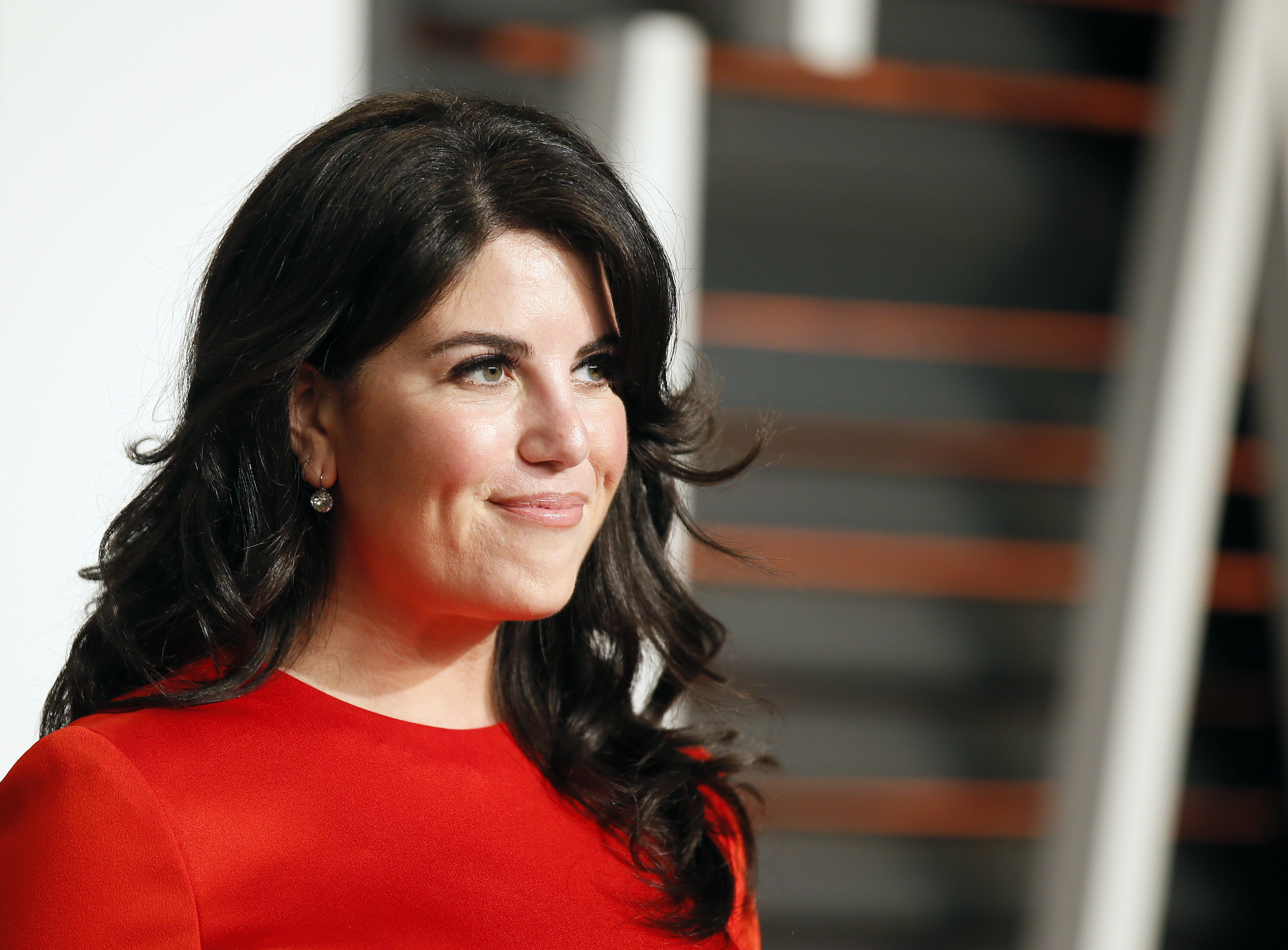In defense of shame
What calls for empathy miss about our social bonds


A free daily email with the biggest news stories of the day – and the best features from TheWeek.com
You are now subscribed
Your newsletter sign-up was successful
Shame is having a moment.
There are the activists who, seemingly daily, accuse the powerful of shaming those who look or love in ways that don't mirror the status quo. There's also the much discussed book by journalist Jon Ronson on how social media has turned shaming into a kind of frontier justice. And then there's Monica Lewinsky, who is making her admirable return to public life by, well, shaming shame.
In a much viewed TED talk, Lewinsky calls for an end to public shaming and a "return to a long-held value of compassion — compassion and empathy." It's an attractive line of thinking, one that holds a lot of water at a time when a tweet can derail, if not entirely ruin, one's life. But there's a flaw to this line of thinking: Shame and empathy are not as easily divorced as you would think.
The Week
Escape your echo chamber. Get the facts behind the news, plus analysis from multiple perspectives.

Sign up for The Week's Free Newsletters
From our morning news briefing to a weekly Good News Newsletter, get the best of The Week delivered directly to your inbox.
From our morning news briefing to a weekly Good News Newsletter, get the best of The Week delivered directly to your inbox.
In children, the arrival of shame — as well as the associated feelings of guilt and embarrassment — mark the moment in the development of their psyches when subjectivity and objectivity come into clear view. As children become aware of the differences between themselves and others, they come to understand the powerful effect they have on one another. When my toddler son hits a friend or throws his dinner on the floor, the shame he feels is what will deter him from repeating such actions. Shame, in other words, is an important part of the checks and balances that keep our moral universe intact.
Lewinsky laments that since the dawn of the digital age "we have slowly been sowing the seeds of shame and public humiliation in our cultural soil, both on- and offline" thus contributing to a "marketplace ... where public humiliation is a commodity and shame is an industry." She encourages us to counteract this with more compassion. There's no question that the mob mentality of the web is a destructive force, but scrubbing the world of shame is not the answer.
Lewinsky certainly deserved more empathy from the public during and after news of her affair with former President Clinton broke. But many other factors were involved, including the lewd Kenneth Starr and even the many prominent feminists who she feels betrayed her by ignoring the unequal power dynamic at the center of her relationship with the president. Our national conversation about Lewinsky could have been better. We should have been ashamed of ourselves.
Or perhaps we were, which is why when recent sex scandals involving male politicians broke, many were quick to defend the women involved, reminding the world that powerful men are very much to blame. Anthony Weiner was forced to fall on his sword in a way President Clinton was not. One can only hope that we carry on in this direction, and continue to refocus our shame away from the powerless and onto the powerful who really should have known better.
A free daily email with the biggest news stories of the day – and the best features from TheWeek.com
Elissa Strauss writes about the intersection of gender and culture for TheWeek.com. She also writes regularly for Elle.com and the Jewish Daily Forward, where she is a weekly columnist.
